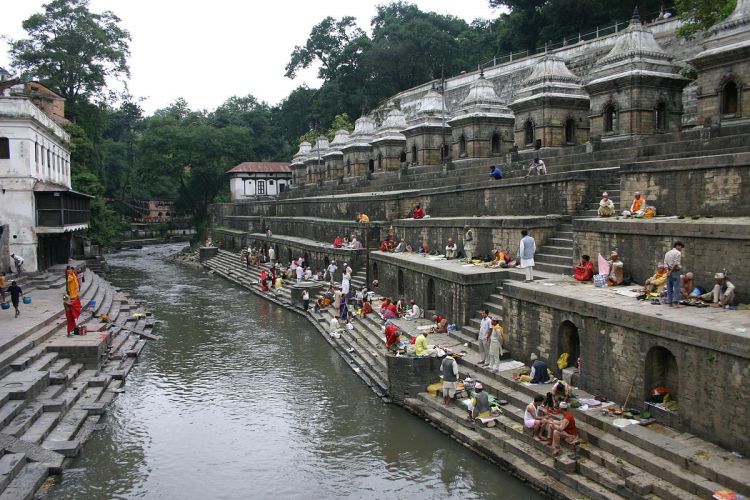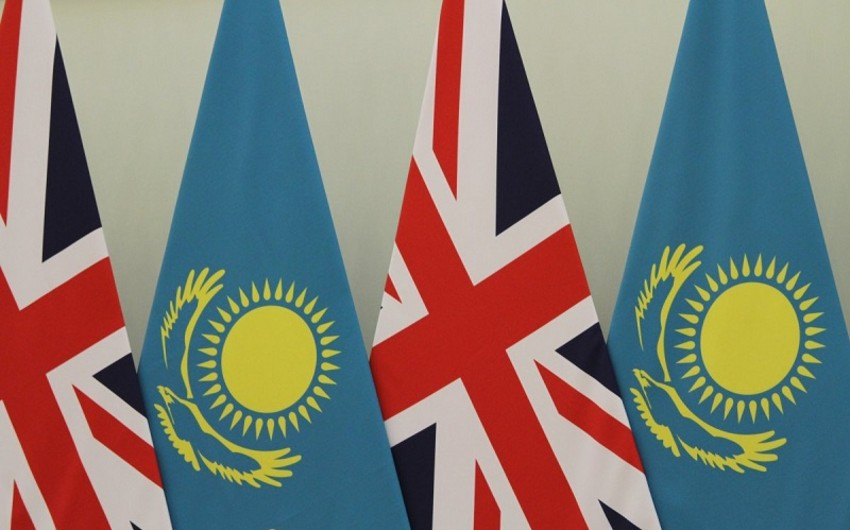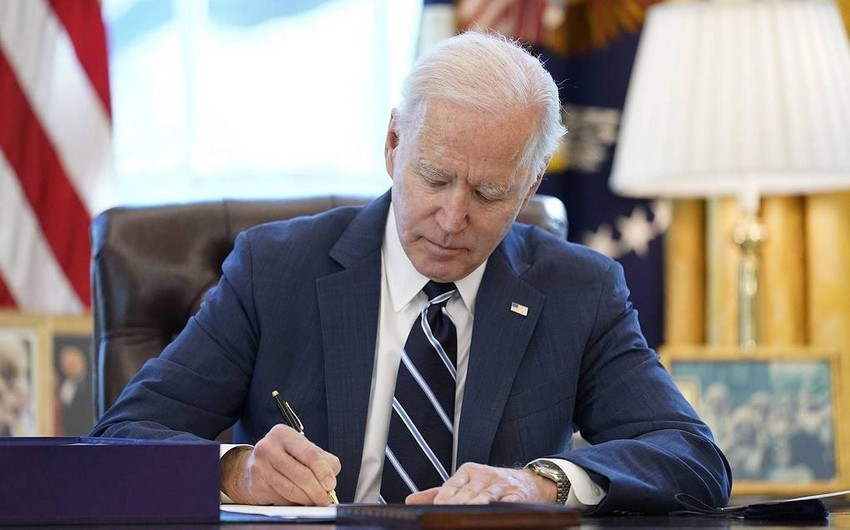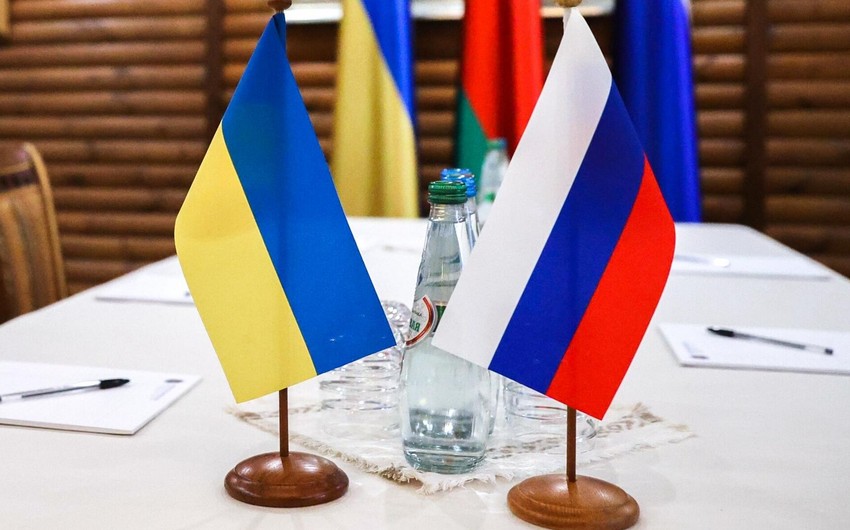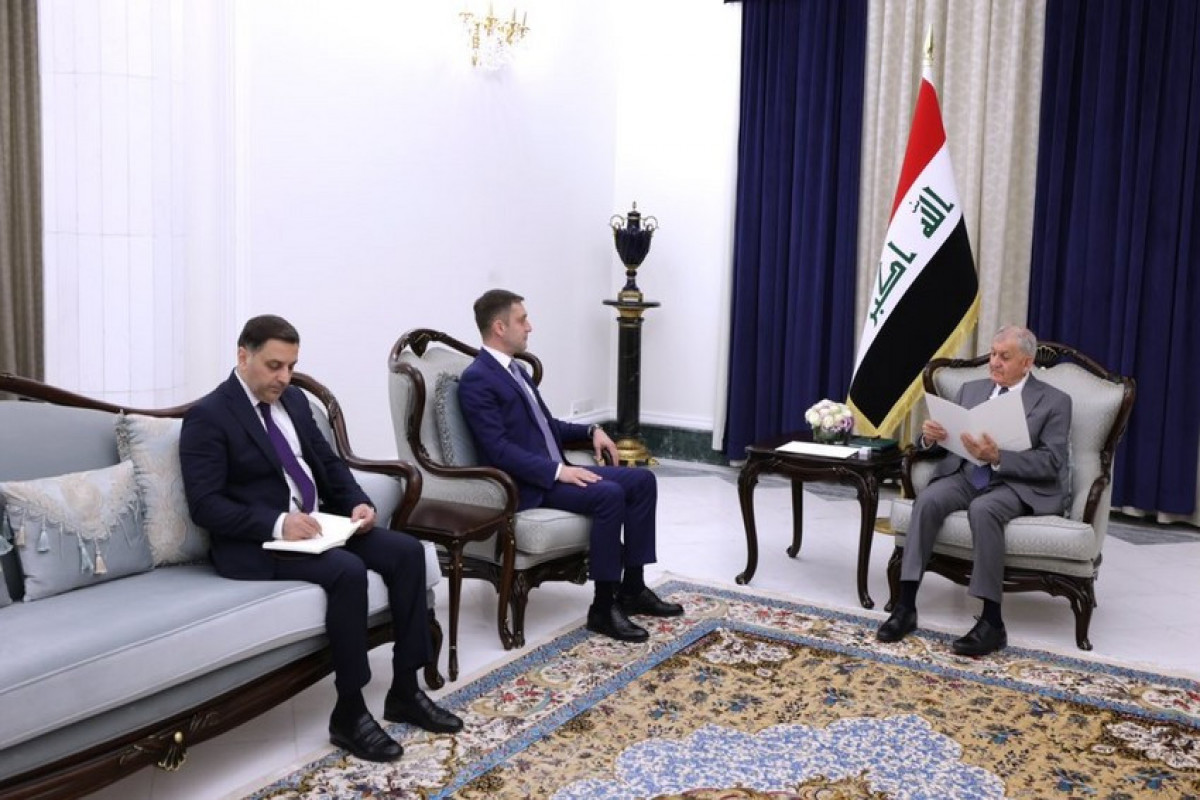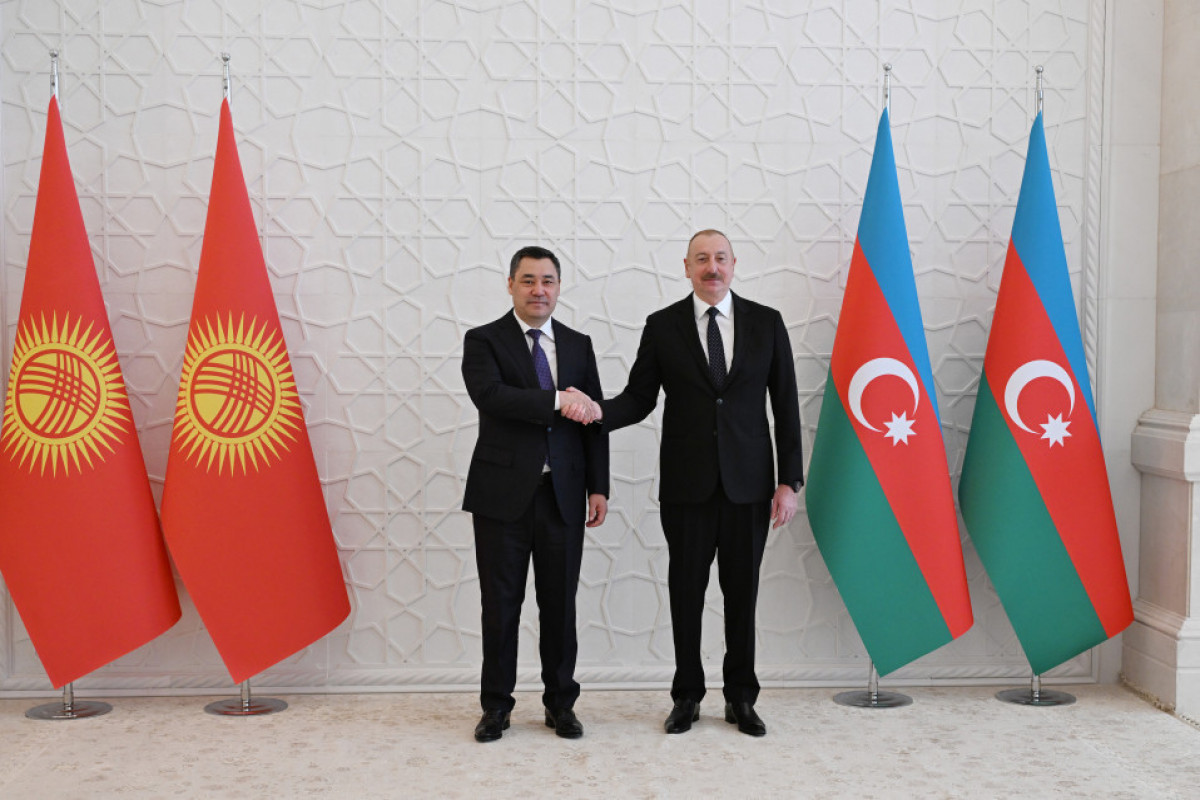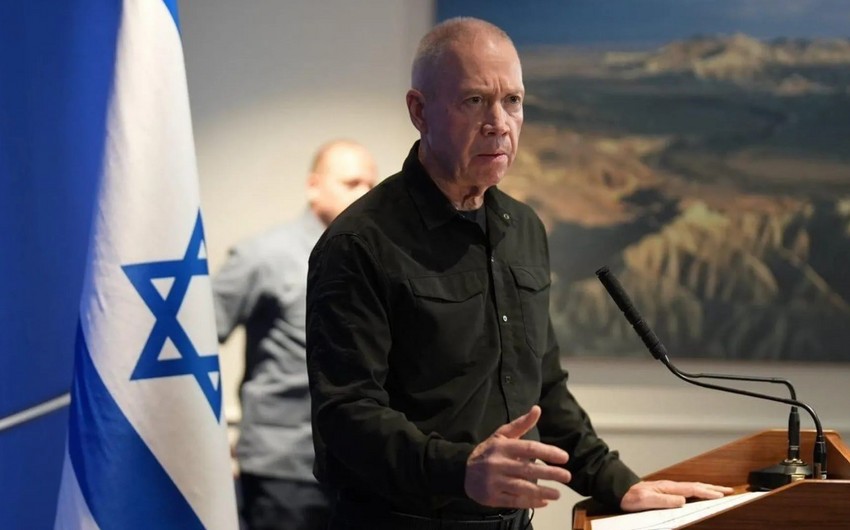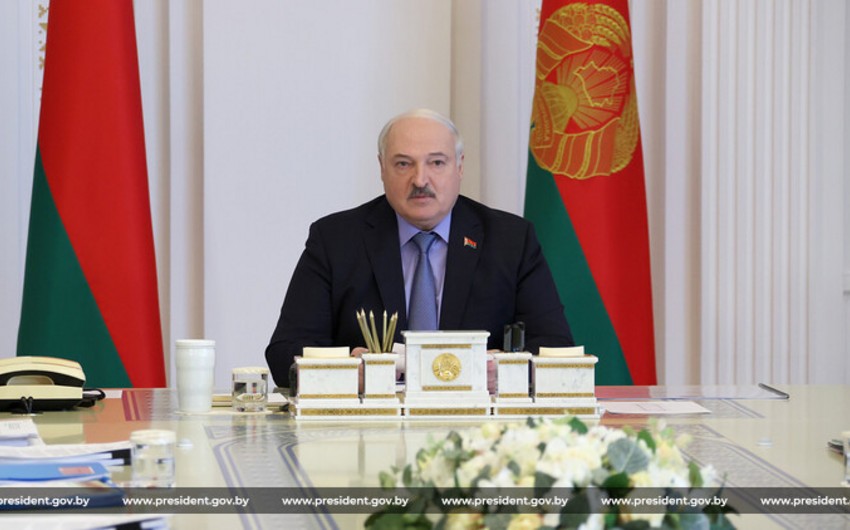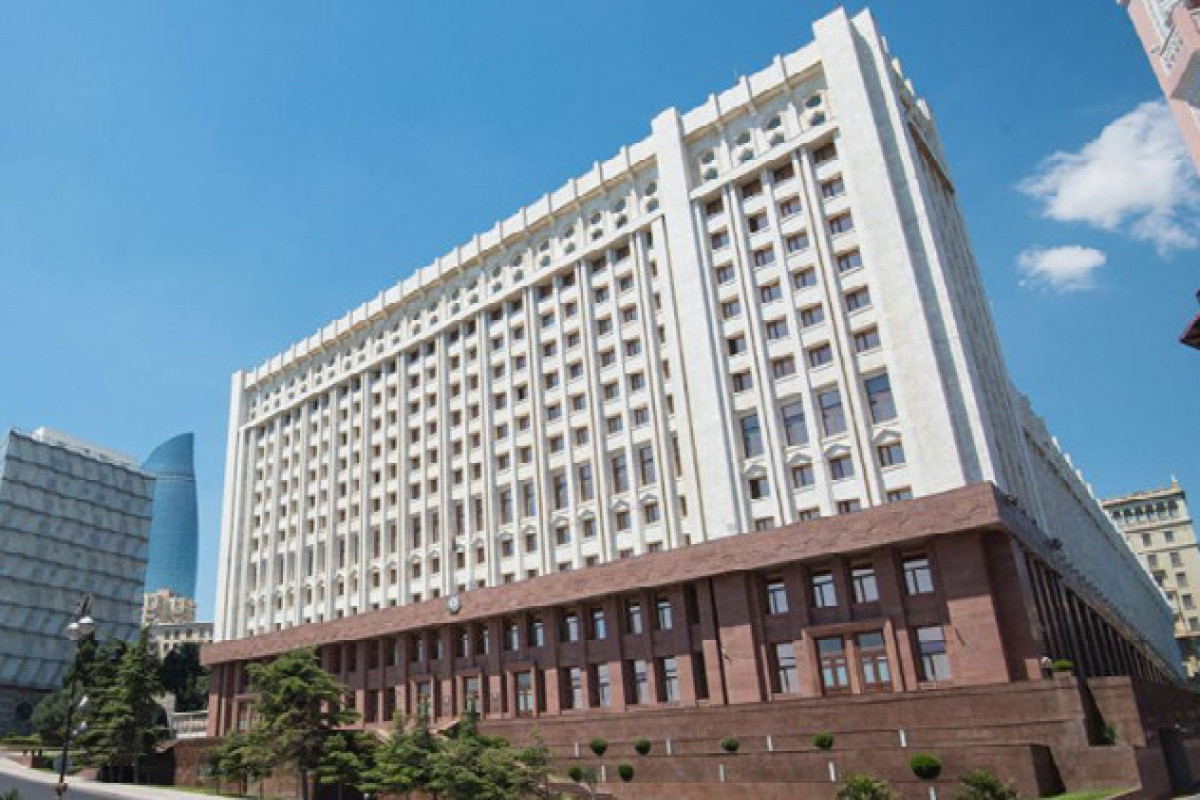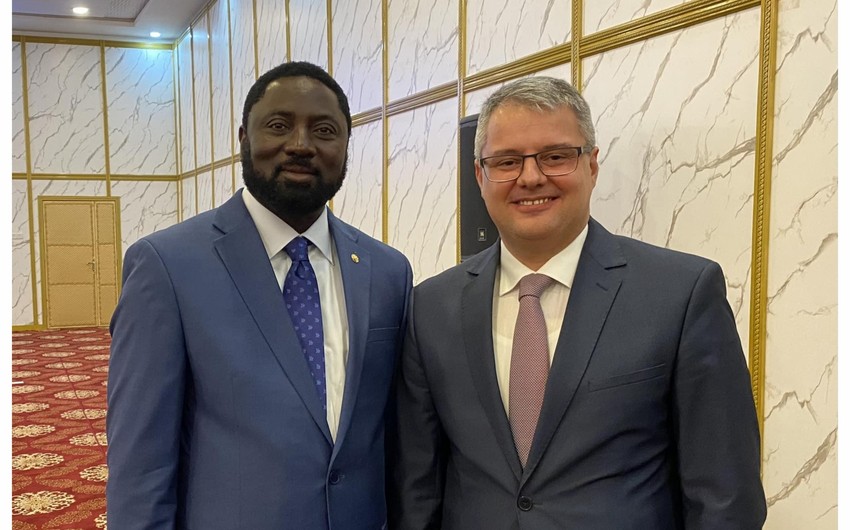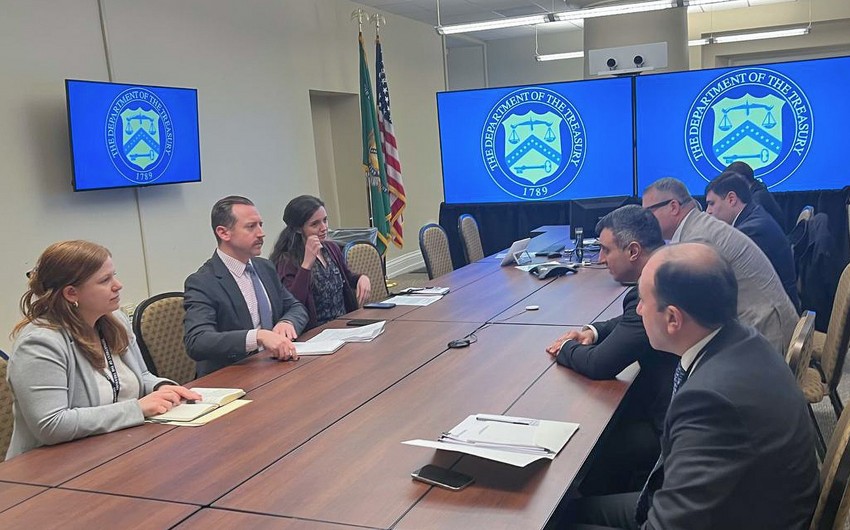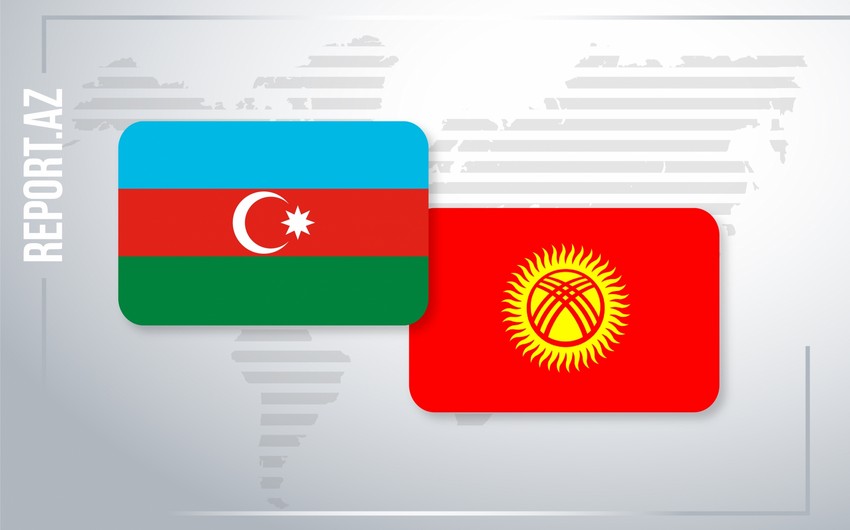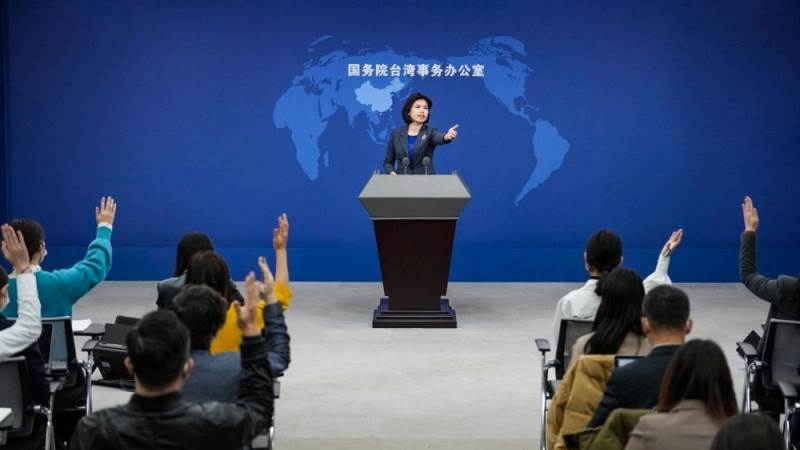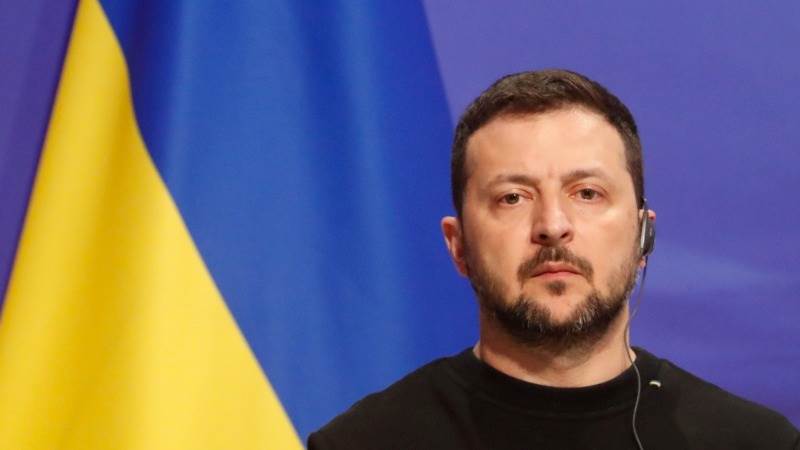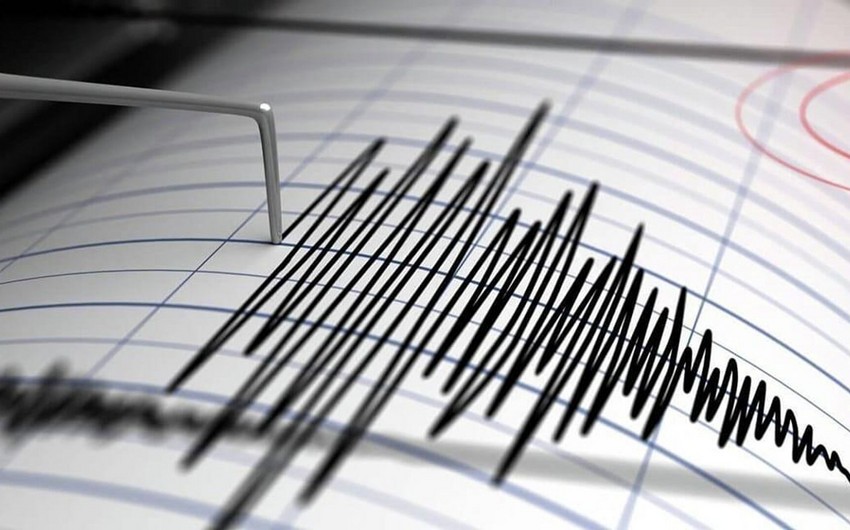The Greek historian Herodotus recognized that Egypt, “the gift of the Nile,” was wholly a product of the river’s life-giving waters and the rich silt deposited by its annual flooding. In Mesopotamia, another early civilization flourished on fertile plains nourished by the Euphrates and Tigris rivers – and here, the first great cities sprang up and writing and agriculture were born.
Today, both Egypt and Iraq are facing existential threats posed by the loss of the gift of water, denied them by the growing thirst of upstream neighbors.
They are not alone. There are 270 lake and river-basins covering half the Earth’s surface, shared by 145 nations and 40% of the world’s population. According to the World Resources Institute, more than a billion people already suffer from scarcity of water. By 2025, there could be as many as 3.5 billion.
Two-thirds of the world’s disputed transboundary rivers, including the Nile, Euphrates-Tigris, Indus, Ganges and Mekong, lack any kind of cooperative management agreements. In such places, in the words of United Nations Secretary General António Guterres, are “water, peace and security inextricably linked.” Last October, the UN Security Council concluded that clashes were best avoided “by cooperation [and] joint approaches to planning and sharing.”
Eminently reasonable. But when water runs out, people become thoroughly unreasonable. The prelude to the 2011 uprisings in Syria was five years of drought, aggravated by bad management, that destroyed farms and displaced a million people. Unrest first flared up around the town of Daraa, home to many disgruntled refugees who had fled water shortages.
The plight of Egypt and other once-dominant downstream nations is the downside of a good-news story. For millennia, Egypt had no competition for the waters of the Nile. Today, it is the last in line of 11 countries making increasing demands on the river as their populations and economies grow.
The greatest threat is posed by Ethiopia’s plan to build a dam to generate electricity and siphon off water for agriculture. Egypt, which says a loss of just 2% of flow will return 80,000 hectares of its arable land to desert, has threatened military action more than once. Yet one can hardly blame the Ethiopian government for doing its best to improve the lot of its people.
Meanwhile, Iran and Turkey plan to add to the upstream dams on the Euphrates and Tigris tributaries that are already reducing water flow into Iraq. Both countries need the water to supply ever increasing demands for power and food. Arguably Iraq, trying to rebuild after years of chaos and watching once-fertile farmland revert to desert, needs it even more, but it is at the mercy of its upstream neighbors.
It is, perhaps, in Iraq and in the borderlands between Afghanistan and Iran, where Kabul’s plans to dam the Helmand River have drawn thinly veiled threats from Tehran, that the suggestion that water might soon become the new oil, a commodity to fight and die for, begin to take tangible form.
In Iraq, there were violent protests last year on the streets of Basra, an oil-rich province hit hard by water shortages and a public-health crisis that saw 60,000 people hospitalized. In 2017, the Taliban killed 10 Afghan soldiers at the Salma Dam, and last November, a dozen guards were killed at a hydroelectric and irrigation project being built on the Helmand River.
In the wealthy Arab Gulf states, water is no less of an existential threat, and a solution no more obvious. Here, in the absence of rivers and groundwater, the “answer” – vast desalination plants supply all the drinkable water in Saudi Arabia, the United Arab Emirates, Kuwait and Qatar – is no answer at all. Over the past few years, as populations and economies boomed, there has been an explosion in the number of desalination plants – there are now 16,000 in 170 countries, concentrated in the Middle East.
But desalination is as bad for the environment as it is for economies. Powered by gas or oil, the plants contribute hugely to climate change. Even if it were possible to run them using solar or nuclear power, a recent paper in the journal Science of the Total Environment highlighted the catastrophic impact on the Persian Gulf’s aquatic environment of the billions of liters of salt-rich brine desalination plants pump into the sea.
Water is the key to life. Without food we can live for weeks, but without water we die within days and, as countries vie for their share, there is a danger of losing sight of the simple truth: that there is and there never can be any more water on Earth than there already is. Earth is in effect a spaceship, equipped with a limited supply of water. Though it is endlessly recyclable, the more people who come on board, the less water there is for each of them.
There are some temporary solutions that could and should be tried, in which individual efforts to save water and international agreements to share fairly must play a part.
But the unavoidable reality is that in 1955 there were about 2.5 billion people on Earth, today there are 7 billion and by 2050 there will be 12 billion, and that there will be no more water to go around then than there is now.
So far, human ingenuity has proved a match for all challenges that have come our way. We have, after all, walked on the moon and plan to settle on Mars. But a solution to the most fundamental threat to our existence must be found, and urgently, before the rivers of Earth run red with blood.

